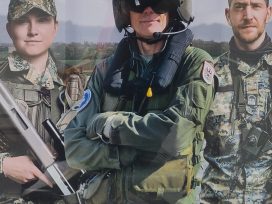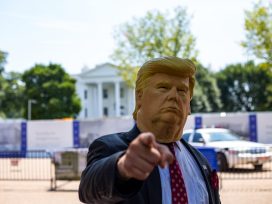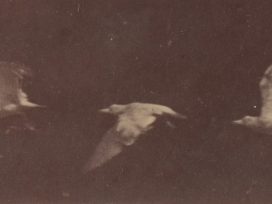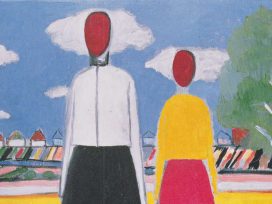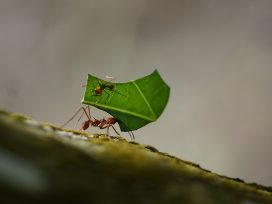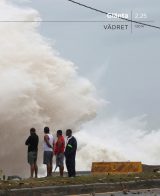Sarah Waring
is senior editor at Eurozine and a writer.
Her published work includes Farming for the Landless (Traverzbooks, 2019 / Platin Press, 2015), which is available in Italian as Agricoltura per senza terra (Pentàgora Edizioni, 2018), and Stray Pieces (Traverzbooks, 2020).
Articles

Mineral rush
Topical: Critical raw materials
Why does peace in Ukraine hang on a ‘mineral deal’ whose handling is more reminiscent of trade than negotiations? Perhaps because the global race for critical raw material mining is well and truly underway, digging for today’s equivalent of gold: raw earth elements and lithium critical for renewables and digital technology but also modern weaponry.
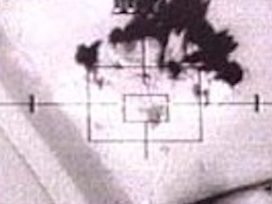
From regular TV coverage to constant online streaming, war imagery is so profuse it makes for compulsive viewing that appears to have already reached a pinnacle of disassociation. Meanwhile, the imaging technologies behind war have developed to the point of supposedly ‘predicting’ violence, threatening to occupy the future. And what is left of the real world in their wake?

The difference between knowing from distance that war is being waged and living that reality couldn’t be more extreme. But can awareness of multiple repercussions turn protective disassociation from violence into active solidarity? ‘The Most Documented War’ symposium in Lviv, Ukraine, provides valuable pointers regarding engagement and responsibility.

In a bid to implement its Rwanda legislation, the UK government is rushing to inhumanely detain refugees, instilling panic, impacting its politically sensitive border with Ireland. The EU, meanwhile, is planning off-shore processing facilities. And surveillance technology is proving just as invasive as past obsessions with the ‘born criminal’.
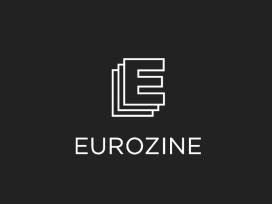
Refugees coming to Europe face a de-humanizing process wrought with violence, both physical and structural. Protectionist rhetoric is being used to justify aggressive border regimes. And, in Gaza, already displaced civilians are being targeted while unable to leave Rafah –Israel’s escalation of bombardment, a breach of international human rights law.
